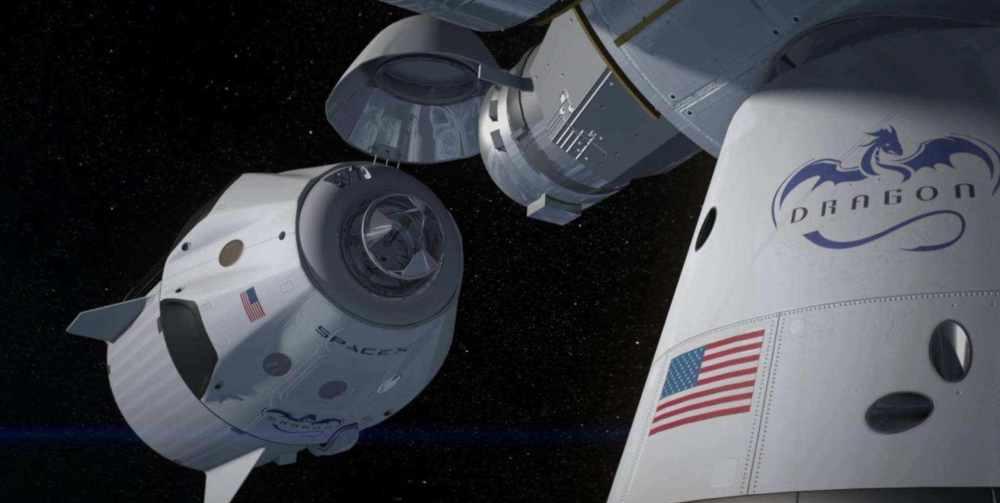During this time, Musk's SpaceX can be described as unlimited scenery, not only successfully sending 4 private astronauts into space, docking with the International Space Station, but also successfully replacing the Russian Space Agency and reaching a satellite launch agreement with the United Kingdom. In the future, it is more likely to completely replace Russia's position on the International Space Station, if Russia insists on "separating the family". As a private company, SpaceX's space technology has surpassed most countries and is gradually becoming dominant in space rules, as evidenced by its "Starlink" satellite program.

The Starlink program, Musk's satellite Internet service, was approved by the United States in 2015 and has launched more than 2,200 today, but it has a total of about 42,000 satellites to launch. That is to say, its planned satellites have only launched a small part, but it has caused a non-negligible impact on the earth, and in the future, countries launching satellites may have to look at Musk's "time", why say so? The reason is simple, because the "Starlink" satellite has taken the lead in occupying too many orbital resources, and if it continues to launch, countries are likely to have no orbit to use in the future.
Today's space can be regarded as a "land" that is not occupied, who can launch satellites first can take the lead in occupying, and the more they occupy, the more they have the right to speak in space. From this point of view, the advantage of "StarLink" is very obvious, completely relying on the number of wins, to know that the number of satellites that can run in each space orbit is very limited, not only because there is too much risk of collision, but also because the spectrum resources are limited, and every time you need to apply in advance to launch satellites.
If SpaceX applies for 42,000 orbital resources and satellite spectrum, the resources left for countries will be pitifully small, and in the future, countries' satellites will operate in the "Starlink" network. Once there is a risk of collision, we can only hope that the "Starlink" satellite will avoid it, because it is surrounded by Musk's satellites, and countries cannot avoid it at all. So there will be no fairness in the future of space, Musk's "star chain" satellites occupy the orbit, countries can only be forced to abide by the rules, satellite launches and space exploration will be severely limited.
In addition, it also produces a lot of space junk, which affects the satellites of various countries, but the impact of the "star chain" is not only in space, but also on the ground, especially in the field of astronomy. Today, astronomers observe space and can only see the gratings left by the "Starlink" satellites, and the line of sight is seriously blocked, but SpaceX has not been able to come up with a solution. Therefore, although Musk's concept is ahead of its ideas, the positive impact of his space activities is indeed rare, let alone benefiting mankind, everyone has the qualifications to benefit mankind, and the space path that blocks others is immoral no matter how it is viewed.
(Text/Xi Le)